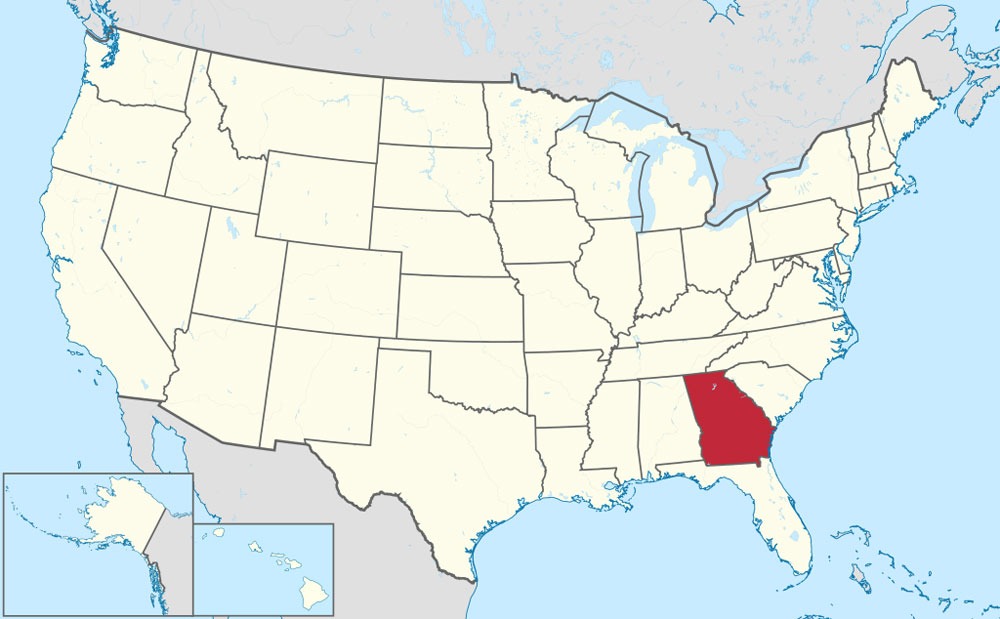
May 30, 2019; New York Times
The Walt Disney Company has joined several other entertainment heavyweights, including NBCUniversal, WarnerMedia, and Netflix in threatening to boycott or divest operations in Georgia following the passage of a highly restrictive abortion bill last month. The new bill bans abortions after detection of a fetal heartbeat, often around six weeks of pregnancy and before many women even know they’re pregnant. Many see the bill, expected to be signed into law by Governor Brian Kemp, as an attack on the Supreme Court’s 1973 landmark decision in Roe v. Wade granting women access to abortion.
Bob Iger, Disney’s CEO, stated that Disney would strongly consider pulling out of the state if the bill became law because “many people who work for us will not want to work there, and we will have to heed their wishes in that regard.” Disney, which owns ABC, ESPN, Marvel Studios, 20th Century Fox, and myriad other entertainment businesses, has established an on-site presence in Georgia thanks to the tax breaks the state provides the industry as economic stimulus.
While wielding the economic might of industry through boycotts and cold-turkey divestment has the potential to sway political action, some argue that such a strategy might do more harm than good. In this case, removing employment and economic opportunities for the Georgians that liberal Hollywood would likely attract and employ may worsen conditions for those impacted by or fighting against the bill. So, while Disney’s corporate employees based in its headquarters 2,000 miles away in Burbank, California, might not like the idea of working for a company that supports a state with Georgia’s current politics, its on-set employees in Georgia might feel very differently.
Sign up for our free newsletters
Subscribe to NPQ's newsletters to have our top stories delivered directly to your inbox.
By signing up, you agree to our privacy policy and terms of use, and to receive messages from NPQ and our partners.
Earlier this month, NPQ explored this argument against boycotts and a plea to instead invest energy and treasure in efforts that will fuel positive change. Netflix appears to be doing just that by preceding its potential boycott by teaming up with the ACLU to fight the bill in court. Ted Sarandos, Netflix’s Chief Content Officer, laid out the company’s motivations:
We have many women working on productions in Georgia, whose rights, along with millions of others, will be severely restricted by this law. It’s why we will work with the ACLU and others to fight it in court….Should [the bill] ever come into effect, we’d rethink our entire investment in Georgia.
Corporate activism has been on the rise over the past several years, with companies that have historically shied away from political discussions and affiliations taking a stance on hotbed issues such as gun violence, immigration, LGBTQ discrimination, and women’s rights. This stance is sometimes driven by an impassioned CEO, as is the case with Marc Benioff of Salesforce and Hamdi Ulukaya of Chobani. More often, though, it appears to be driven by the business value of those decisions—employee pressures, as referenced by Iger, or the brand value gained by inspiring a customer base that’s likely to share those views, as was considered the case with Nike’s support of Colin Kaepernick.
As the private sector expands its role as activist, largely to positive response, it will need to be cautious that it’s looking at the consistency and ultimate impact of its positions, particularly when its motivation includes bottom-line return. While this is not a new challenge for the private sector, it has the potential to have an immediate and sweeping effect in the current political environment.—Danielle Holly













